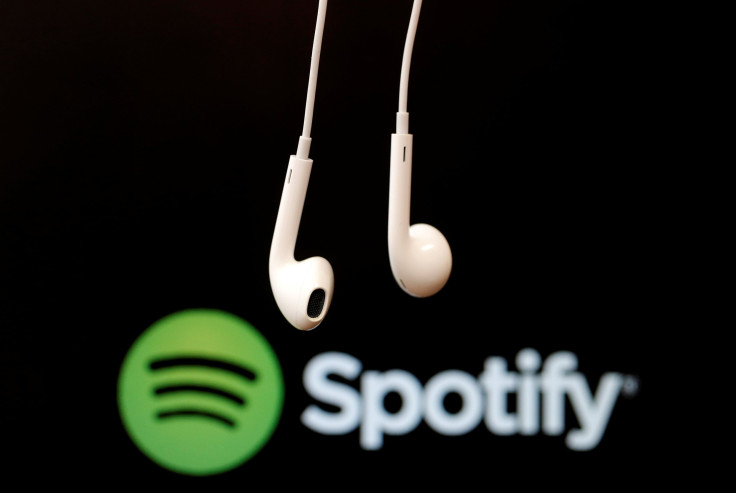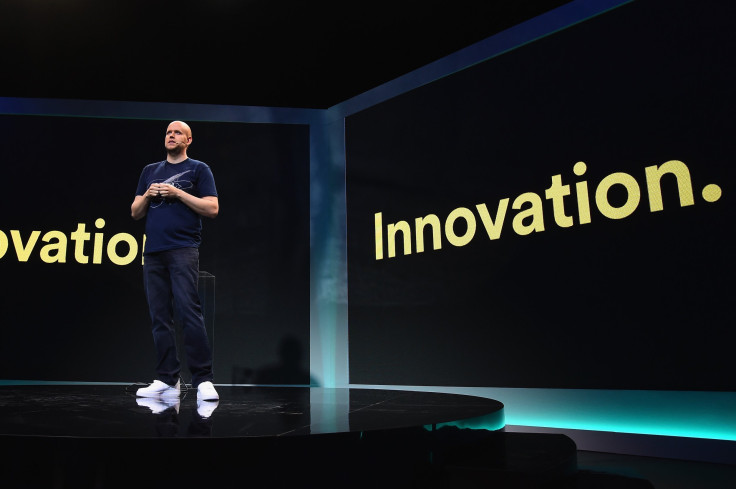Is Spotify Profitable? 2015 Revenue Doubles, But Music Streaming Service Is Still In The Red

The global music industry may be on the way to becoming stream-powered, but the world's biggest music subscription service has yet to turn a profit. Spotify released its annual income statement in a report filed in Luxembourg Monday, and the company showed a net loss of more than $200 million on revenue of more than $2 billion. Those figures nearly mirrored results published last year, when the privately held company booked more than $1 billion in revenue for the first time but posted a net loss of over $180 million.
The company's advertising revenue nearly doubled. It earned $219 million from ads in 2015, up 98 percent from the $110 million earned in 2014. Subscription revenue grew too, albeit at a slightly faster pace, to $1.91 billion, up from $1.1 billion the previous year.

Charts laying out the stats can be found at Music Business Worldwide.
The jumps in both categories show Spotify is still overwhelmingly dependent on the money it earns from its subscriber base. To that end, it has made meaningful investments to induce people to sign up. After royalties and payroll, the company’s largest expense was advertising and public relations, which cost more than $97 million. By the end of 2015, it had signed up 28 million paying subscribers; it recently pushed that total to 30 million.
Spotify is both the market leader and a canary in the coal mine. It accounts for more than 41 percent of the world’s paying music subscriptions, yet its lack of profits are a reminder that there's no proof a pure-play subscription music service is a viable business model. Spotify pays more than 70 percent of its revenues out to the record labels and publishers that supply it with the 30 million songs that comprise the core of its service.
As it's grown, Spotify has become one of the record industry's largest sources of revenue. Last year, it paid out more than $1.83 billion in revenue to those labels and publishers, more than 10 percent of the $15 billion in revenue generated worldwide by the record industry, according to the International Federation of the Phonographic Industry.
Yet despite its increasingly vital role, a number of large labels and artists are freezing Spotify out of its highest-profile releases. Most of the highest-profile releases of this year — including Kanye West's "The Life of Pablo," Drake's "Views," Beyoncé's "Lemonade" and Radiohead's "A Moon-Shaped Pool" — all began as exclusives on Spotify rivals like Tidal and Apple Music.
© Copyright IBTimes 2024. All rights reserved.





















